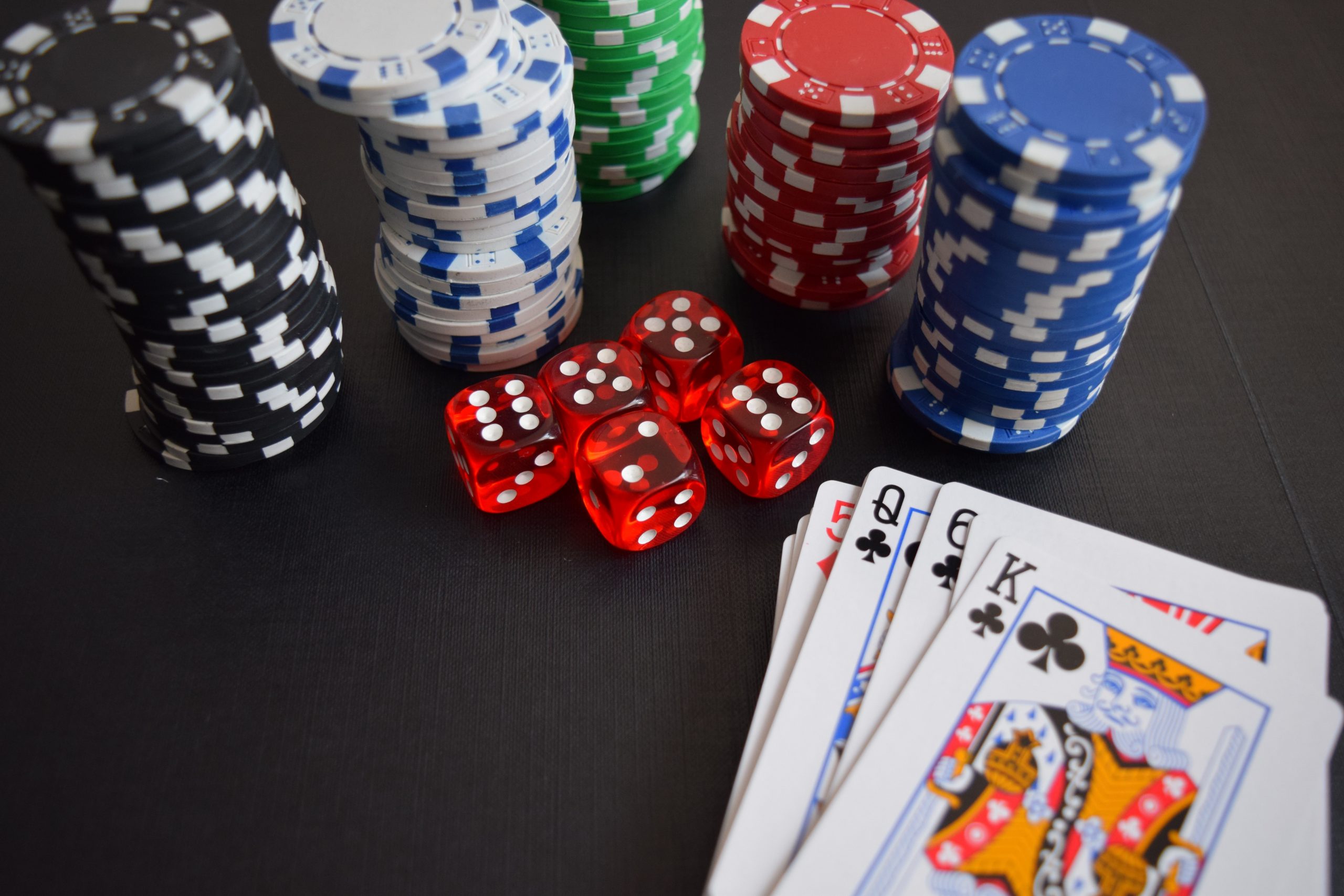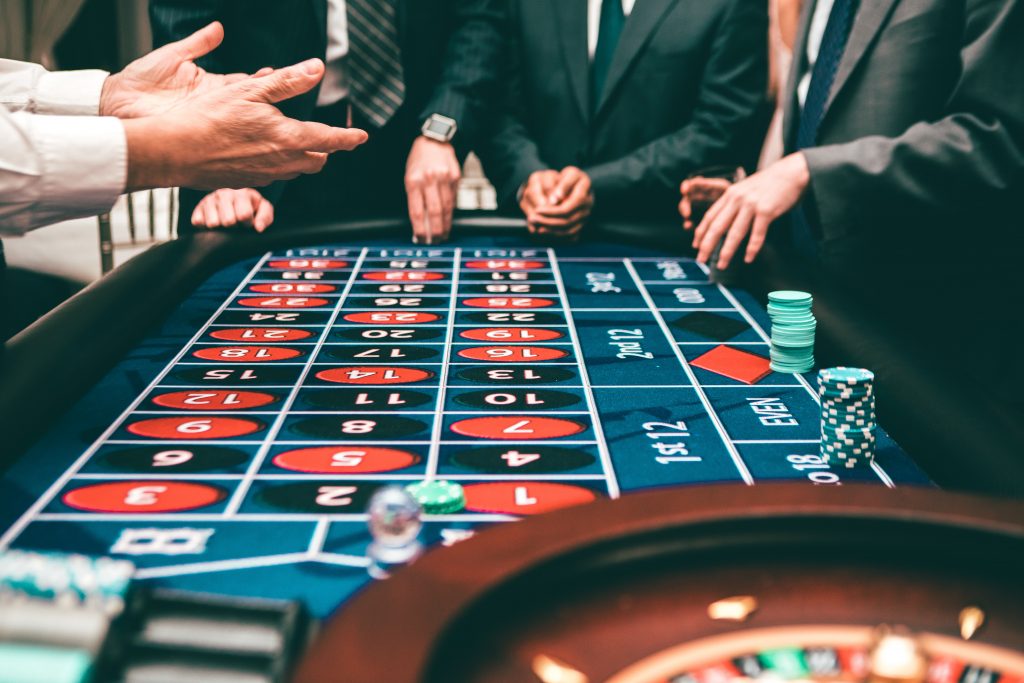It feels good to win. When we gamble, we get high. The brain releases a rush of dopamine, creating a desire for more. For some, that high is overpowering, influencing a compulsion to gamble, regardless of the consequence. When the desire starts to preoccupy the brain, it becomes a gambling addiction or pathological gambling. A person from any walk of life can be hit by this disorder, but research shows some groups of people are more susceptible to addiction than others.

Pathological Gambling
“Problem gambling”, or pathological gambling, is when gambling becomes a compulsive act–an addiction disorder. Not every gambler has a problem and an addiction to gambling does not necessarily require it to be an everyday habit. It is something that is done on impulse, risking all consequences. When a person gambles, their brain’s reward system is triggered up to ten times more than regular rewarding experiences, clouding the perception of the gambler because they are too elated, thus obscuring their risk perception. Like other addictions, once the brain develops a tolerance for the high, it reduces the pleasure felt, arousing the gambler to seek out more dopamine. When the brain does not receive the high it wants from gambling, it produces symptoms of withdrawals. A person may gamble more to fulfill their brain’s needs, or perhaps this is the period where they seek out help.
Who is Vulnerable?
Gambling disorder has been found to co-occur with other disorders. There are people who have genetic predispositions to reward-seeking impulsivity, or pathological gambling. In other words, people who are inherently prone to addiction are also vulnerable to addictive gambling. Those who are genetically sensitive to mental illness are also at risk of compulsive gambling. The most common co-occurring disorders are depression and anxiety. But also include substance abuse, PTSD, trauma, bipolar disorder, and ADHD. Childhood trauma is also highly linked to gambling problems, as well as traumas experienced in adulthood that develop into multiple mental disorders. Additionally, job stress, relationship problems, being around addicts, and loneliness can also set off compulsive gambling. For many, it is a way to self-soothe when uncomfortable emotions arise and to escape symptoms of other disorders. And even a form of relaxation. Although there is gratification in gambling, it quickly subsides, leaving a person in despair and even susceptible to suicide.
Stats on Gambling Disorder
- 34% of people with a gambling addiction also struggle with PTSD
- People with a gambling issue are seven times more likely to also have a substance abuse problem, most commonly, alcohol and nicotine.
- About 15% of Americans gamble once per week
- 40% of gamblers develop an addiction before the age of 17
- 76% of compulsive gamblers have a major depressive disorder
- Pathological gambling is more common in men
- 20%-50% of spouses of people with a gambling disorder have been abused
Signs of Addiction:
- Secretive behavior and lying to conceal gambling
- Inability to stop gambling, constant preoccupation
- Missing work and other priorities
- Concerned loved ones
- Financial problems
Someone with a gambling disorder will usually justify and minimize the problem to others, and even to themselves to be convinced no issue exists. Once an addict is able to make the first major step in admitting a problem exists, addiction counseling can help. In rehab, a pathological gambler can get mental health treatment and find support in group therapy.
To learn about mental health treatment in Los Angeles, call Trauma and Beyond Center ® at (818) 651-0725.

